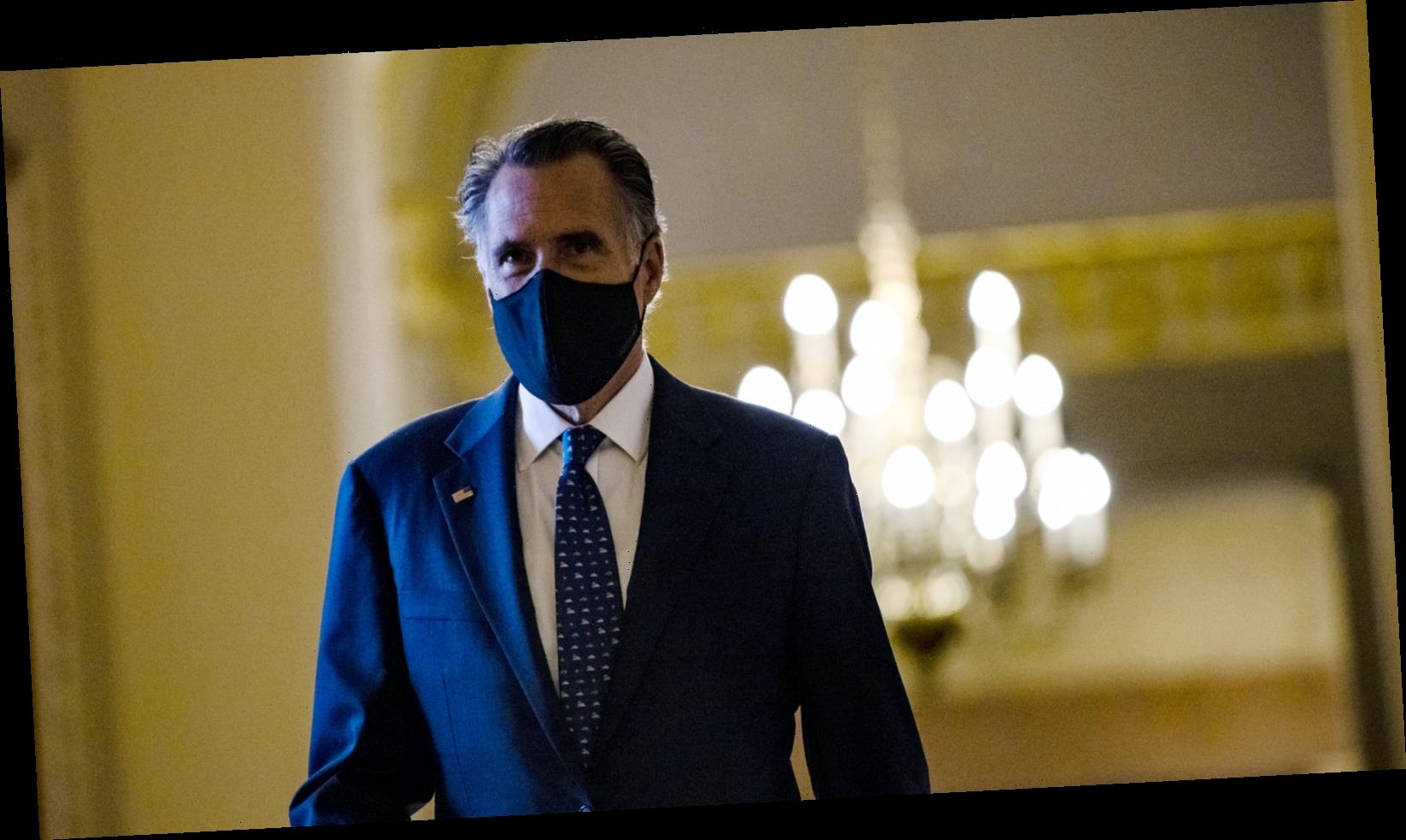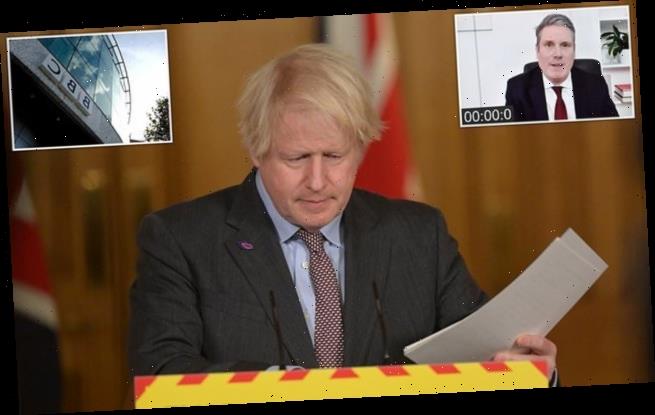A problem shared: In a sanity-saving new column, GP and mother-of-four Clare Bailey gives her indispensable advice
- Anonymous woman, 47, asked Clare Bailey if she should delay seeing her doctor
- Explained she’s experiencing hot flushes, forgetfulness and lost interest in sex
- UK-based GP Clare Bailey, told woman to see her doctor despite the pandemic
Q: I’m 47 and thinking about HRT as I’m experiencing hot flushes. I’ve become forgetful and often feel cross and frustrated. My sex drive has disappeared as well, which is starting to cause tension in my relationship with my partner of four years. However, I don’t want to take up precious time doctors might need for the vaccine roll-out. Should I just wait and try some natural alternatives instead?
A: I’ve been a GP for 30 years and feel many women have been abandoned when it comes to getting advice around the menopause and HRT, especially as there are now lots of safe and effective options. The symptoms you are experiencing, such as mood swings, forgetfulness, irritability and loss of libido are common in the run up to the menopause, known as the perimenopause.
It’s a natural part of ageing due to the drop in oestrogen and testosterone in your 40s and 50s. Some women are lucky enough to sail on through calm waters. For others, though, it’s more like being caught in high seas being circled by sharks.
An anonymous woman, 47, who lives in the UK, asked for advice on experiencing hot flushes, forgetfulness and losing interest in sex (file image)
Typically, physical symptoms include hot flushes, vaginal dryness, reduced sex drive, headaches, joint pain and palpitations. Even more troublesome are the psychological ones, such as irritability, difficulty sleeping, tiredness, inexplicable mood change, sadness and low self-esteem.
There is now evidence that the drop in oestrogen and testosterone affects the brain and can masquerade as depression.
This might explain the common complaint of ‘brain fog’, with previously high functioning women suddenly unable to think clearly, becoming forgetful and even wondering about their capacity to work. It’s easy to put these experiences down simply to low mood.
Unfortunately, as many as two-thirds of women visiting their GPs with these symptoms are being offered antidepressants. But 80 per cent felt this was an ‘inappropriate’ treatment for their symptoms. There will be situations when low mood due to clinical depression is a significant issue and needs addressing. But there is evidence that women aged between 42 and 55 are hesitant to approach their doctor as a result of concerns that they may not get appropriate support.
GP Clare Bailey (pictured) told the woman she could make lifestyle changes, but should also see her doctor despite the pandemic
The average age of menopause (over 12 months since your last period) is around the age of 51, but this can vary wildly. Because you are over 45, GPs wouldn’t routinely check hormone levels, as these are often all over the place, and don’t tell us much more than we know already —that you are heading toward the menopause!
Many women, like me, opt for HRT finding it a transformative experience, with brain and body reverting to relative normality. HRT also provides future health benefits as it reduces heart disease and protects from thinning bones and osteoporosis.
Lifestyle is important, regardless of whether or not women take HRT. Reducing alcohol, cutting back on processed food and doing regular exercise is probably more effective than over-the-counter remedies.
You are experiencing symptoms suggestive of the menopause and don’t need to stoically put up with it. Do follow up with your doctor. They are still there for you, despite the pandemic. It can help to write down all the symptoms, both physical and emotional.
You can find more advice and guidance at balance-app.com and also on the podcast Postcards From Midlife.
My mood boost? cold showers
I’ve taken to having cold showers most mornings and oddly enough it has become almost pleasurable.
After my usual warm shower, I brace myself, turn off the hot tap and for 30-60 seconds get drenched by freezing cold water. Now the cold water no longer makes me gasp and instead I emerge from the shower with a zingy, tingling boost to my senses. It wakes me up and makes me feel alive. I’m not surprised studies show there are health benefits to cold showers.
They boost endorphins, otherwise known as our ‘happiness hormones’, and help relieve symptoms of depression, bolstering the immune system. We could certainly do with a bit more of that right now.
WRITE TO CLARE AT: drclarebailey@dailymail.co.uk Or BY POST: Daily Mail, Northcliffe House , 2 Derry Street , London W8 5TT
Source: Read Full Article




